8 April 2025
Video game soundtracks hold a special place in our hearts. There’s just something magical about hearing those familiar 8-bit tunes or orchestral epics, instantly transporting us back to our childhood or a specific moment when we conquered a tough boss fight. But here’s the thing—those nostalgic melodies aren’t just sitting in the past anymore. They're being reborn, reshaped, and reimagined through the art of sampling and remixing.
In today’s music scene, classic game soundtracks are finding a second life, and honestly? It’s kind of amazing. From hip-hop beats to EDM bangers, artists are blending retro game music with modern genres in ways we couldn’t have dreamed of. And while some people might dismiss it as a novelty or pure nostalgia bait, it’s so much more than that. Let’s dive into how sampling classic game soundtracks became a cultural phenomenon, why it works, and what it means for both the gaming and music worlds.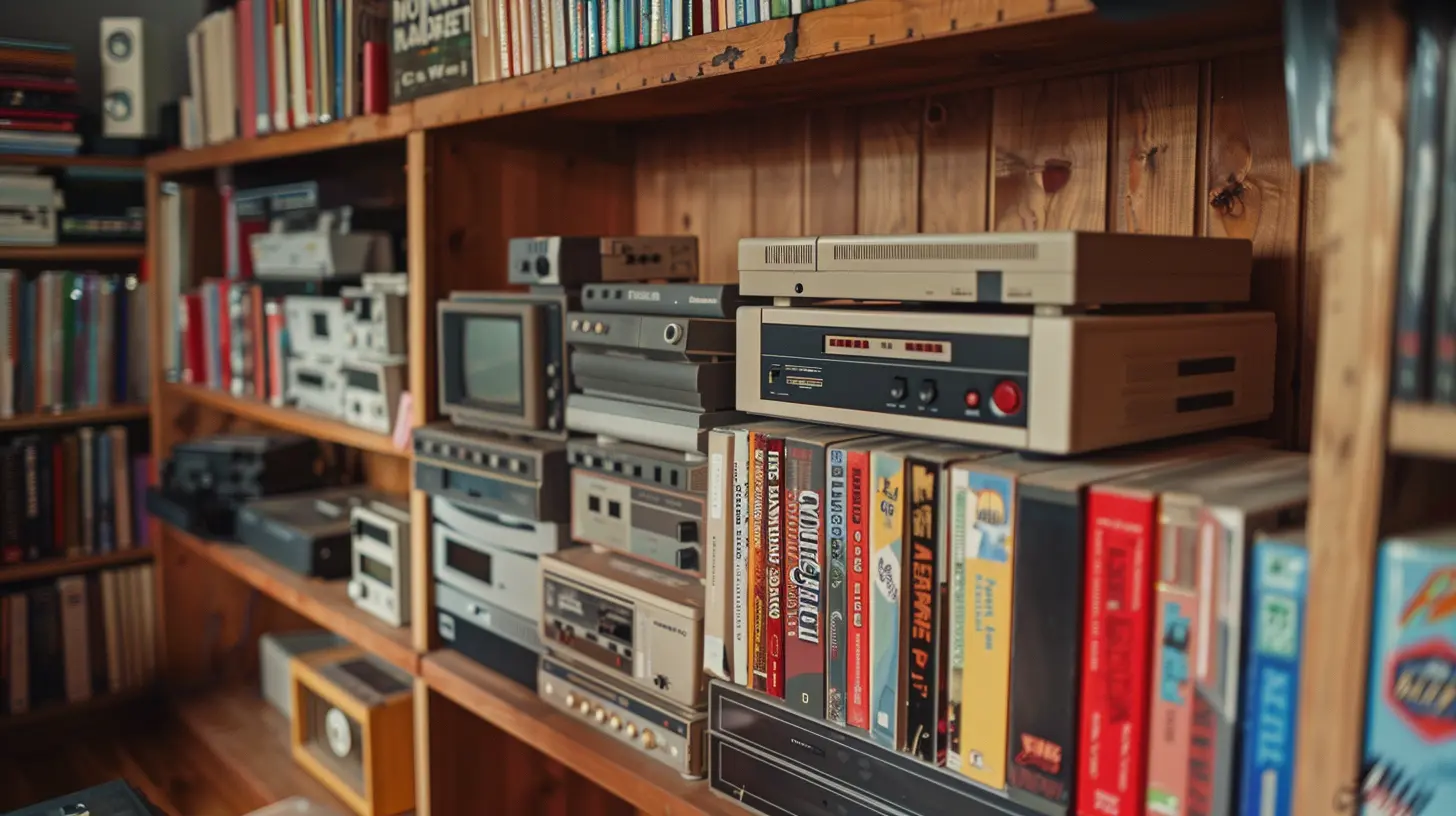
The Roots of Sampling in Music
Before we get all hyped about game soundtracks, let’s take a quick detour into sampling itself. Sampling isn’t exactly new. It’s been around for decades, and we have hip-hop to thank for popularizing it. In the late '70s and early '80s, producers would take small snippets of existing songs—maybe a drum break, a funky bassline, or a soulful horn riff—and remix them into something entirely fresh. Think of it like taking a LEGO piece from one set and using it to build an entirely different, badass creation.Now, fast forward to the present. Sampling isn’t just a technique—it’s an art form. And here’s the wild part: video games have become a treasure trove for sampling enthusiasts. Why? Well, because chiptunes slap. The bleeps and bloops of early gaming consoles have a distinct charm, and the melodies? Oh, they’re unforgettable. 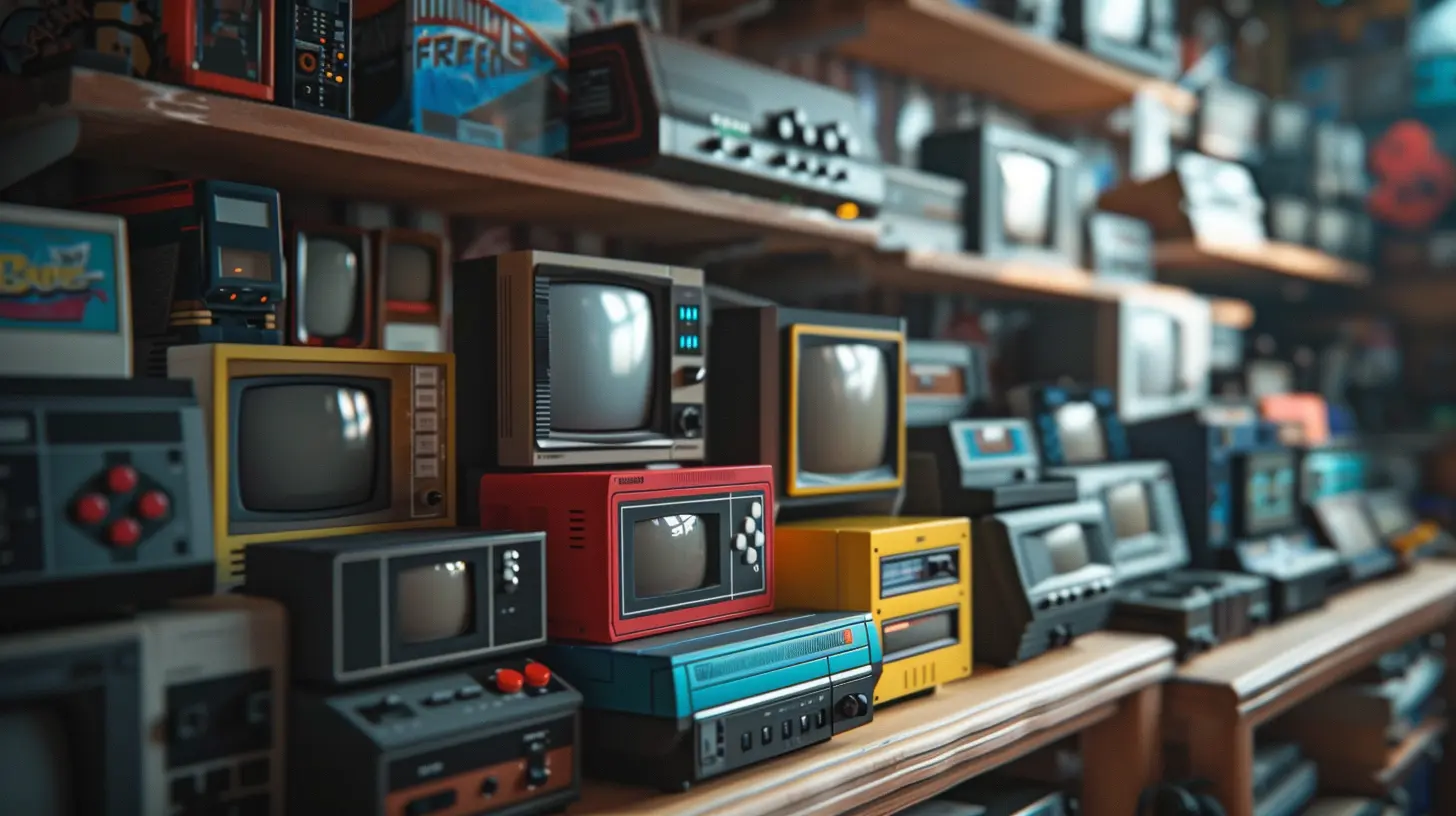
Why Classic Game Soundtracks Are Perfect for Sampling
Okay, let’s get into why video game music works so well for remixing. First off, most classic game soundtracks weren’t just filler—they were designed to stick in your head. Back in the day, game developers had hardware limitations. They couldn’t rely on fancy visuals or endless voice-overs to enhance the player’s experience. Instead, they created simple yet insanely catchy tunes. Think Super Mario Bros., The Legend of Zelda, or Mega Man. Got one of those stuck in your head now? Exactly.These melodies have something modern music sometimes lacks—personality. Plus, there’s an emotional connection. Hearing a snippet of the Final Fantasy VII battle theme in a new track doesn’t just sound cool; it hits you right in the feels. It’s like running into an old friend at a party—you’re instantly hyped.
And let’s not even get started on the replay value. Gamers spent hours (sometimes days!) hearing these tracks while grinding levels or exploring dungeons. It’s no wonder these tunes are practically tattooed on our brains.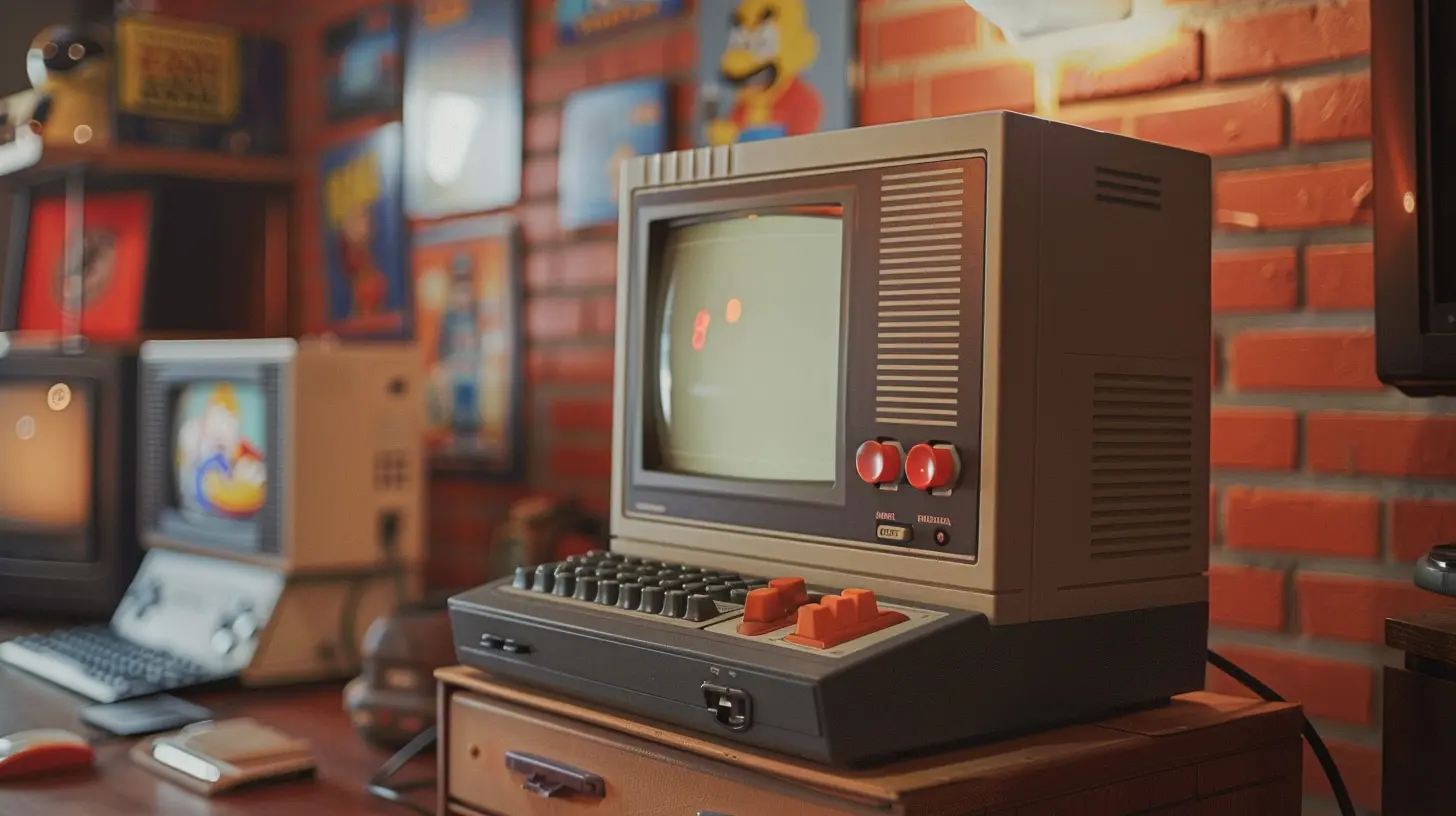
The Intersection of Gaming and Hip-Hop
If there’s one genre that’s embraced video game sampling with open arms, it’s hip-hop. Seriously, rappers and producers have been nerding out over video games for years, and we’re here for it.Producers like Kanye West, J Dilla, and MF DOOM have tapped into nostalgic game melodies for their beats. For example, Kanye’s track “Power” incorporates elements of King Crimson’s "21st Century Schizoid Man," but let’s not forget his love for other quirky and niche sounds, like gaming-inspired bits peppered into his earlier work. And then there’s MF DOOM, who loved sampling games like Chrono Trigger and Zelda. It’s like he cracked the code on how to blend geek culture with street swagger.
Let’s not ignore the indie hip-hop scene, either. Underground producers have a field day with game soundtracks, chopping up tunes from lesser-known titles or flipping familiar themes into gritty, lo-fi beats. It’s like they’re paying homage to the games that inspired them while crafting something totally new.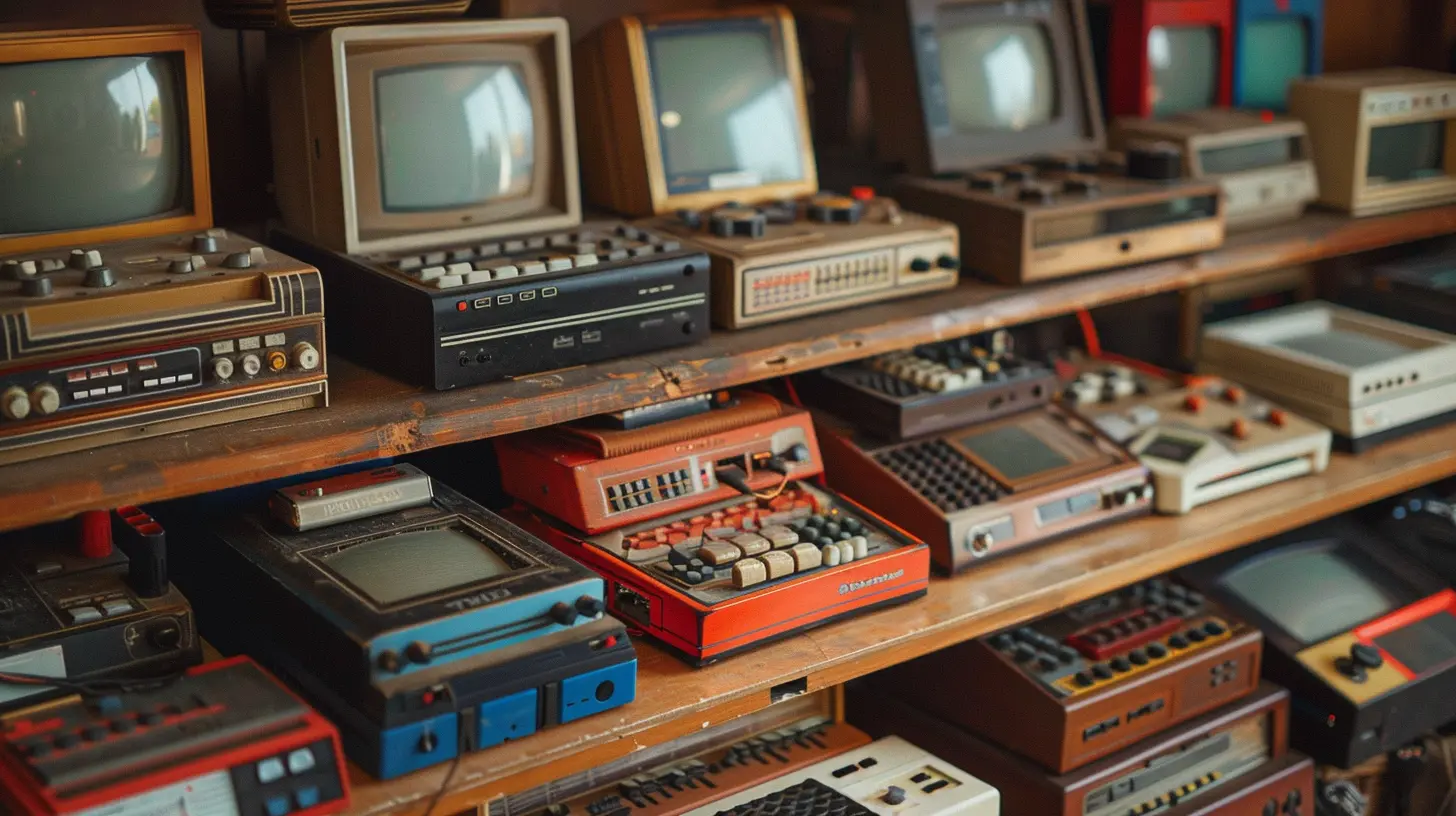
EDM: Breathing New Life Into Game Music
If hip-hop embraced game music for its nostalgia, EDM grabbed it by the hand and dragged it straight onto the dance floor. Electronic music shares a natural synergy with gaming—it’s futuristic, it’s energetic, and it feeds on loops and layers. So, when DJs and producers started remixing game tracks for club bangers and festival anthems, it kind of felt inevitable.Take Porter Robinson, for instance. The dude’s practically a walking love letter to gaming culture. His album Worlds has tracks that feel like you’re stepping into a JRPG, complete with soaring melodies and pixelated vibes. And he’s not alone—artists like deadmau5, Madeon, and even Skrillex have sprinkled gaming influences into their music.
What’s cool is how these remixes don’t just mimic the original tracks—they elevate them. It’s like putting Mario in a shiny new pair of Jordans. Suddenly, that old-school tune feels modern and relevant, ready to pump up a crowd of thousands.
The Role of Streaming Platforms
Let’s not forget the unsung heroes here: streaming platforms. Platforms like YouTube, SoundCloud, and Spotify have made it ridiculously easy to find game-inspired remixes. There are entire channels and playlists dedicated to chiptune flips, orchestral reimaginings, or electronic remixes of fan-favorite soundtracks. Whether you’re looking for a lo-fi Zelda beat to study to or a Pokémon battle anthem to fuel your workout, there’s something out there for you.And let’s not leave Twitch out of the conversation. Streaming culture, with its tight-knit communities and endless gaming content, has helped amplify this trend. Many streamers incorporate remixed game soundtracks into their streams, which not only gives exposure to the artists but also keeps these tracks alive in the communal consciousness.
Classic Meets Modern: A Cultural Bridge
What’s really fascinating is how these remixes create a bridge between generations. Gamers who grew up in the NES or SNES era can vibe with modern remixes, while younger fans discover the genius of older game compositions through these updated tunes. It’s like a cross-generational dialogue, spoken through the universal language of music.Plus, it’s not just fans getting in on the action. Some developers and composers are even embracing the remix culture. Take Undertale creator Toby Fox, for example. He’s openly encouraged fans to remix and reinterpret his music, and the results? Pure gold.
The Legal Gray Area of Sampling
Of course, it’s not all fun and games (pun intended). Sampling comes with legal strings attached. While some artists go through the proper channels to get clearance for using game music, others… don’t. It’s a murky world where copyright issues can quickly turn into lawsuits.That said, the gaming industry has been surprisingly chill about this compared to other media industries. Maybe it’s because they understand the value of keeping their music alive in pop culture. After all, a remix can introduce a whole new audience to a classic game they might’ve never played before. It’s free publicity, right?
But still, tread carefully, folks. If you’re planning to sample Bowser’s Castle theme for your next SoundCloud drop, you might want to double-check the legal side of things first.
What the Future Holds
So, where do we go from here? Honestly, the possibilities are endless. With advancements in music tech and AI, remixers are only going to get more creative. We might see collaborations between game composers and mainstream artists, or maybe even official remix albums for beloved franchises. How cool would that be?One thing’s for sure: as long as games continue to inspire us, their music will live on—not just in game consoles and soundtracks, but in clubs, concert halls, and playlists around the world.
Wrapping It Up
At the end of the day, remixing classic game soundtracks is more than just a trend; it’s a celebration. It’s about taking something we loved as kids and giving it new legs to stand on. And honestly? It’s proof that great art—whether it’s a video game or a killer beat—never really dies. It just evolves.So, the next time you’re vibing to a track that sounds suspiciously like something out of Donkey Kong Country, take a moment to appreciate the creativity behind it. Who knows? That melody might just be the ultimate cheat code connecting the past, present, and future of music.

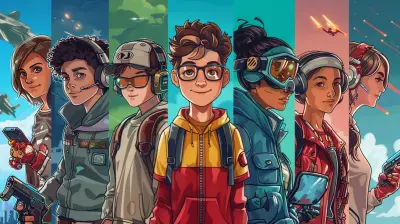
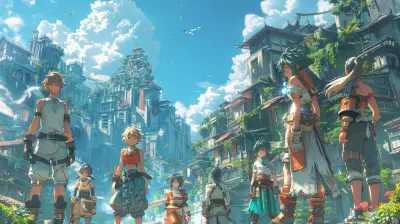
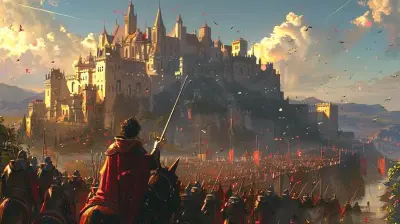
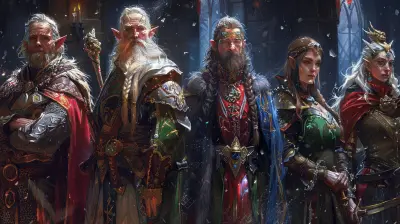
Vesper McElroy
Classic game soundtracks are timeless treasures, ripe for remixing! These daring reinterpretations breathe new life into nostalgia, proving that innovation knows no bounds. Embrace the evolution and celebrate the bold fusion of past and present—gaming's musical legacy is just beginning!
April 15, 2025 at 4:53 AM